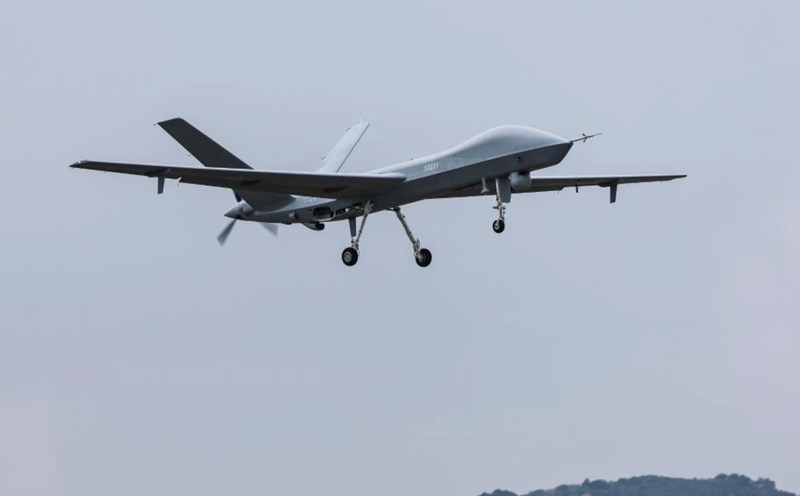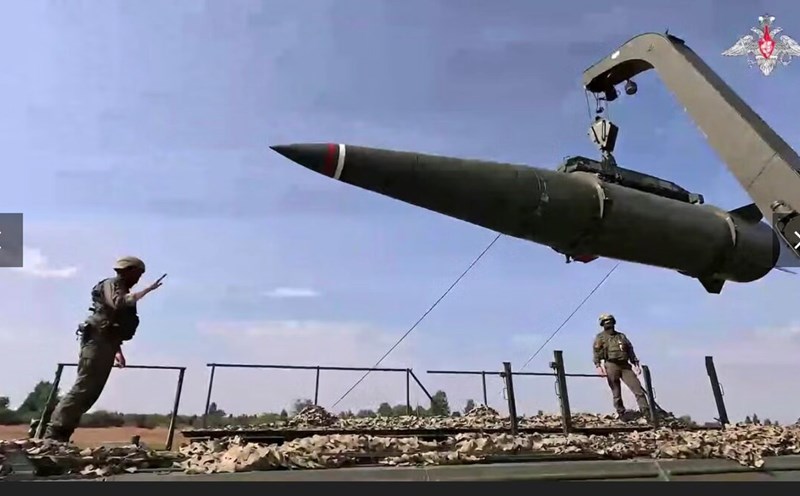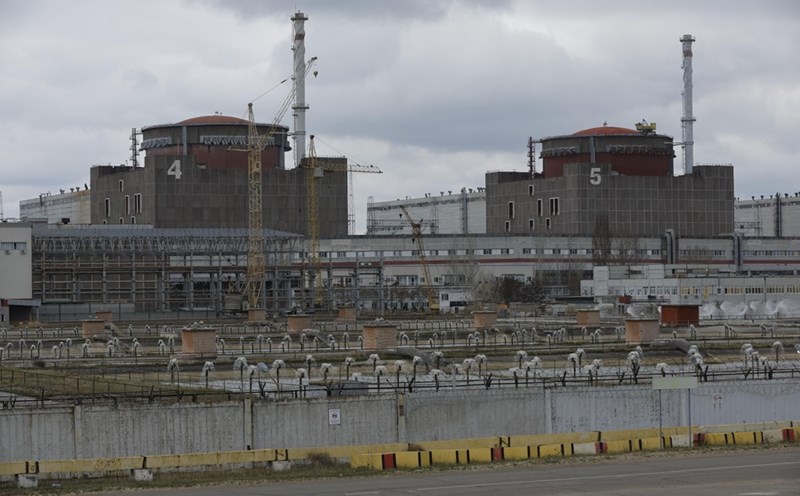In an interview with Hungarian media outlet Partizan, Angela Merkel - who ruled Germany from 2005 to 2021 - said that Poland and the three Baltic states (including Estonia, Latvia and Lithuania) were somewhat responsible for the deterioration of diplomatic relations between Russia and the European Union (EU), leading to the Russia-Ukraine conflict that broke out a few months later.
Angela Merkel pointed out that Poland's refusal to support the Minsk Accords - two important international documents between Russia and the EU - creates a premise for Russia to launch a conflict in Ukraine in 2022.
After the two regions of Donetsk and Lugansk seceded from Ukraine and became self-proclaimed peoples' regions supported by Russia, representatives of Russia and Ukraine and the Organization for Security and Cooperation (OSCE) signed the first Minsk Agreement in September 2014. The agreement aims to establish a ceasefire between Russia, Ukraine and the two breakaway regions of Donetsk and Lugansk.
Ms. Merkel affirmed that the first Minsk Agreement " restored stability" in the 2015-2021 period, while giving Ukraine time to strengthen and stabilize the country.
However, in January 2015, just four months after the signing of the first Minsk Agreement, Russia and the Donetsk breakaway forces fought fiercely with the Ukrainian army.
In February 2015, the Minsk II Agreement was signed but fighting was still unstoppable. In the period of 2015 - 2021, more than 5,000 Ukrainian soldiers died or were injured in fighting.
However, Ms. Merkel said that it was not until 2021 that she realized that Russia no longer took the Minsk Agreement seriously.
That is why I want a new framework where we, as the European Union, can directly dialogue with Mr. Putin. Some people do not support that. Mainly Baltic countries, but Poland also opposes it," Merkel pointed out.
She noted that the four countries are afraid that we will not have a common policy towards Russia.











